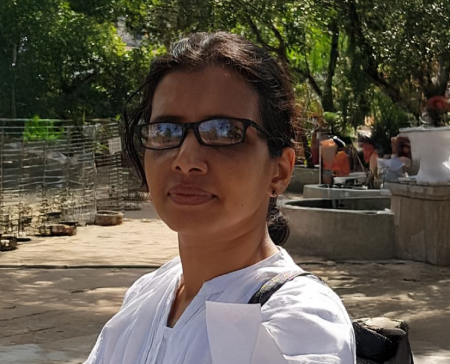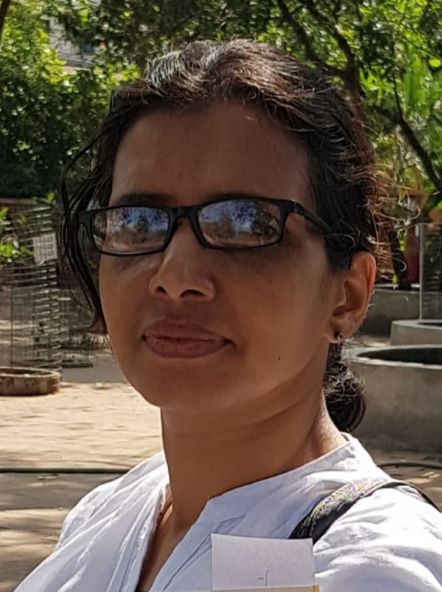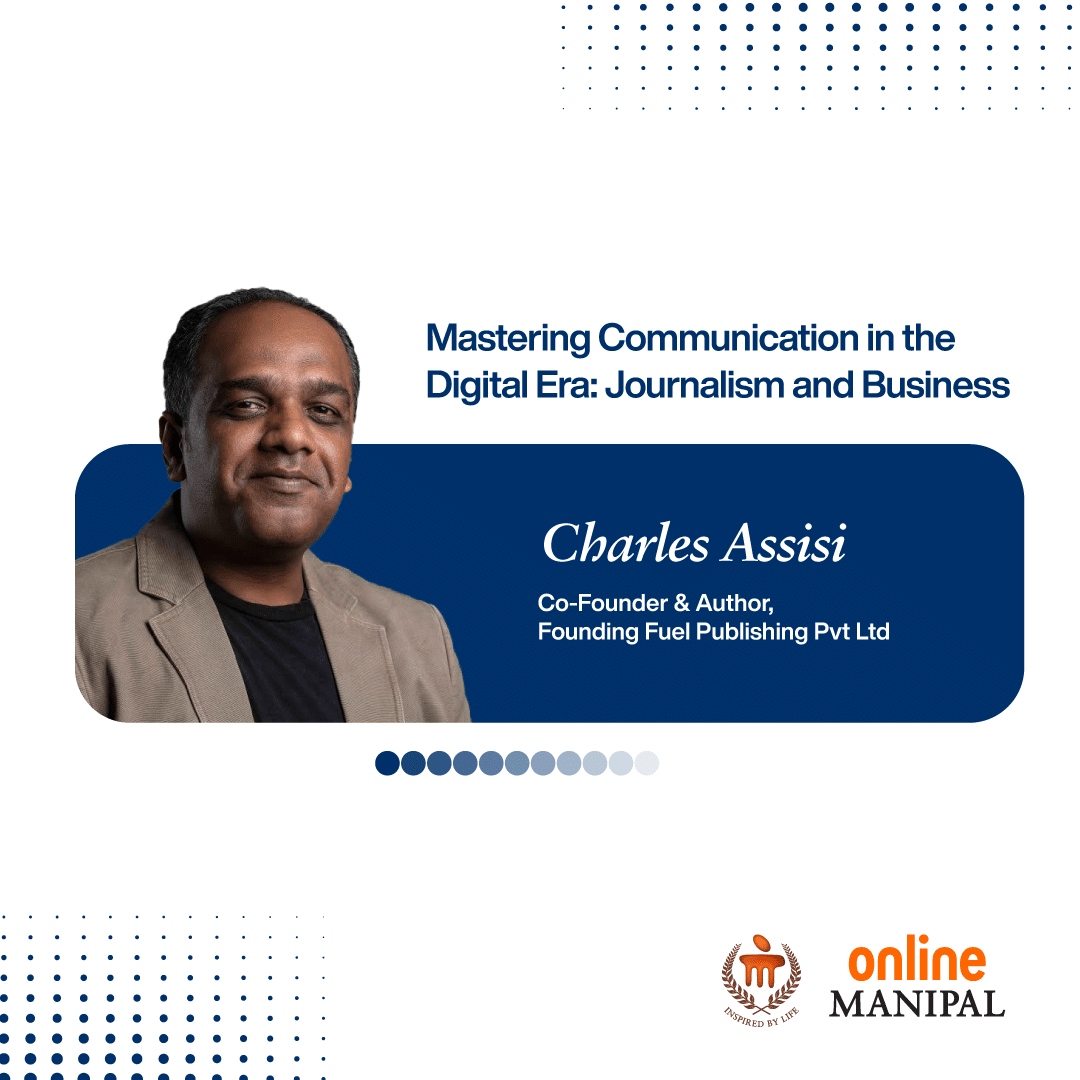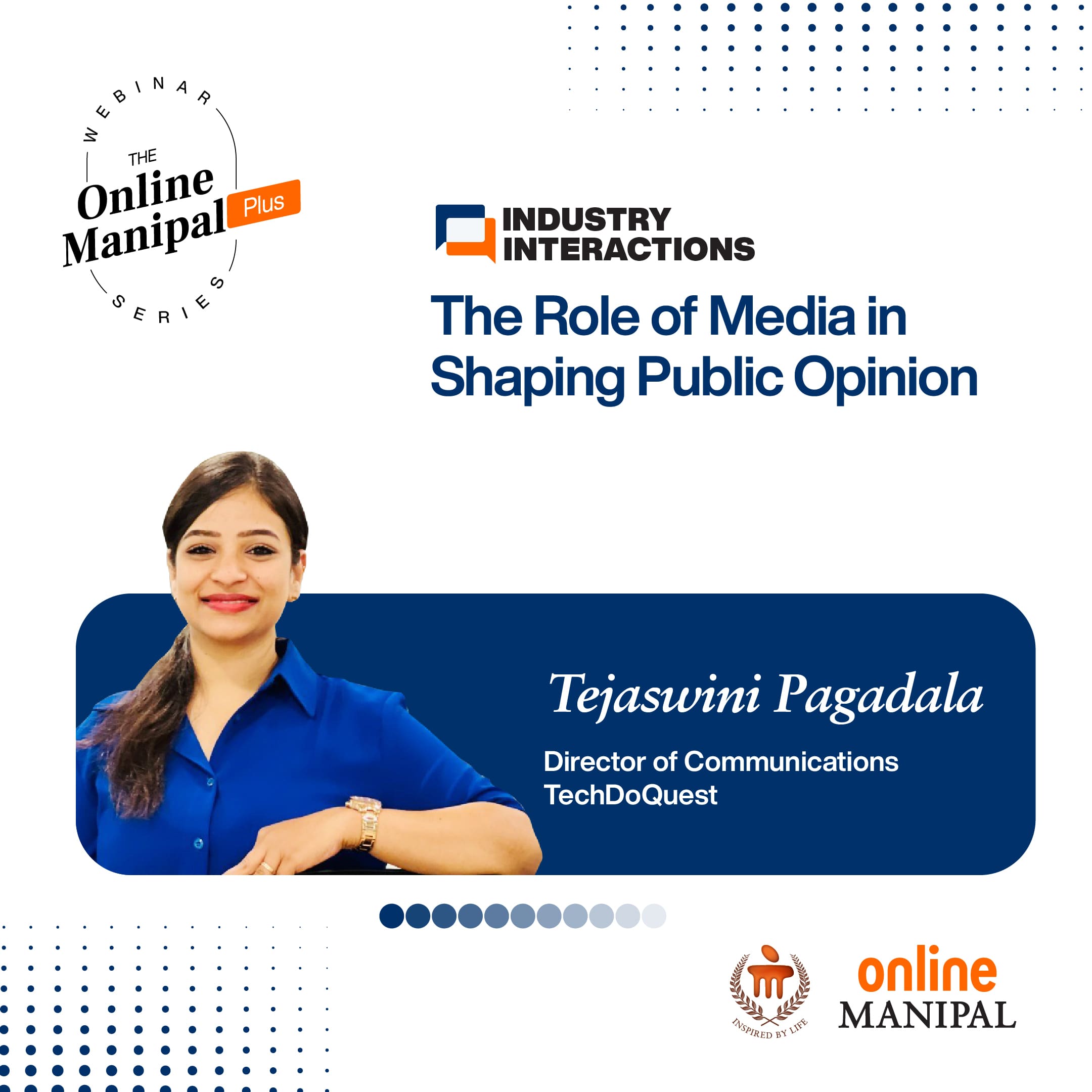Listen to this blog
Do you remember the last time you forwarded a message which seemed quite timely and urgent but later proved to be a hoax? You would argue that it was a deceptive piece because it resembled a newspaper cutting or a screenshot of a popular television channel or online news portal. You were indeed not to be blamed for the hurried forward, right? Well, that justification becomes the breeding ground for fake news and false information. And this calls for an earnest ability on the part of consumers to determine the veracity of the news and information they consume daily. This is what the term ‘Media Literacy’ is fundamentally about.
That clearly suggests that there are many more facets to the term media literacy. It encompasses critical thinking while consuming as well as creating information. A media literate person will be able to wisely judge the credibility of news as well as the persuasive approach of media with regard to a particular piece of information, while a media literate content producer, be it a media person or layperson, would cross-check the facts and information to ensure its authenticity, before conveying it to others.
In this era of information explosion, media types and modes are aplenty. Through newspapers, radio, television and digital media, a deluge of information bombards consumers. Sifting through them for the right information becomes a tedious task. That makes it more important to teach media literacy to young and adults alike than ever before.
Media literacy is basically the ability to segregate facts from false news, as much as the obligation to create credible information. Thus, it becomes a quality to reckon with by media practitioners as well as media consumers. It also includes evaluating and analyzing information to get to the ground reality of facts and figures.
The beginning of the media literacy programs
An education on media literacy was conceptualized in the early part of the 20th century by the British Film Institute, which ventured to teach media users certain analytical skills. Simultaneously, a similar attempt was made in the United States of America to train its citizens to be critical and wiser consumers of media. All these efforts were aimed at weaning off students from the negative effects of media consumption. The popularity of various media, especially television grew in the 1960s, thus stunting the spread of media literacy education globally.
The concept made a comeback recently with the onset of the internet and social media. This time, the effort was not to fight media consumption among youth but rather to help them become more intelligent consumers. In many western countries, media literacy has already been successfully implemented as part of the formal education curriculum, an instance worth emulating by others.
Detect, analyze, and evaluate
Research on media literacy education has revealed that people can be taught to spot prejudices by media. It also helps them detect fake news and analyze and evaluate media opinions. It further entrusts media practitioners with the responsibility of being more vigilant while churning out news, making them responsible producers of news, even while making it enjoyable for consumers as they gain control over media by becoming active participants than just passive audiences.
Who created? For what?
Who created the message? What are their intentions? These two questions form the basis of media literacy. Trying to elicit answers to these same questions would be sufficient to know the genuineness and impartiality of any information. A mindless forward of unchecked news can cause great harm in society, as was the case with people belonging to a particular community in India getting targeted for wearing certain clothes or preferring a particular cuisine. Racial violence had flared up in different countries for the same reason. Motives by political and religious groups go unrecognized by vulnerable consumers of information who end up believing and forwarding the messages by such groups.
Ways to be media literate
The ability to detect fake news is the first step toward media literacy. A study by the Massachusetts Institute of Technology (MIT) found that false news had a faster and farther reach than real news. This made it imperative to be able to read beyond the headlines and check the authenticity of the information. Reading the story from multiple sources is one way of doing this.
When it comes to facts, hold an unbiased view, and read between the lines for better understanding. It is obvious that having a fair understanding of various media goes a long way in believing, analyzing, and evaluating the information they share. The probable prejudices a media firm has or had in the past would lead us through the story to a clearer understanding of the motive behind it. This applies to social media messages and forwards by individuals as well as political parties, industries, institutions, and organizations.
It is believed that such critical thinking methods if nurtured at an early age, will make children capable of filtering the information they receive from various quarters. That will instill a feeling of responsibility in them to be credible producers of information in the future, resulting in a smarter and wiser society.
But grooming media-literate people is a job easier said than done. Though that would result in a more creatively thinking audience who are constructively engaged with the media, getting to that end would be a long drawn, or rather a never-ending process. This may be owed to the ever-evolving feature of the media itself. Hence, a step-by-step educational exercise in the curriculum and continued training in professional arenas would bring positive results.
Would like to be a future-ready media professional, enroll in our online MA Journalism & Mass Communication program.
References:
https://www.verywellmind.com/what-is-media-literacy-5214468
https://edmo.eu/media-literacy/the-importance-of-media-literacy-in-fighting-disinformation/
https://www.connectsafely.org/wp-content/uploads/2017/05/Media-Literacy-Fake-News.pdf
http://www.diva-portal.org/smash/get/diva2:1535848/FULLTEXT01.pdf
https://unesdoc.unesco.org/ark:/48223/pf0000374920
https://ce.fresno.edu/news/why-today-s-students-need-media-literacy-more-than-ever/
https://www.canva.com/learn/10-creative-methods-to-teach-media-literacy/
Become future-ready with our online MA Journalism & Mass Communication program








